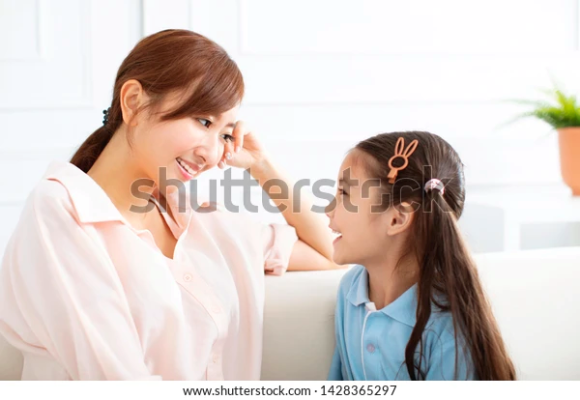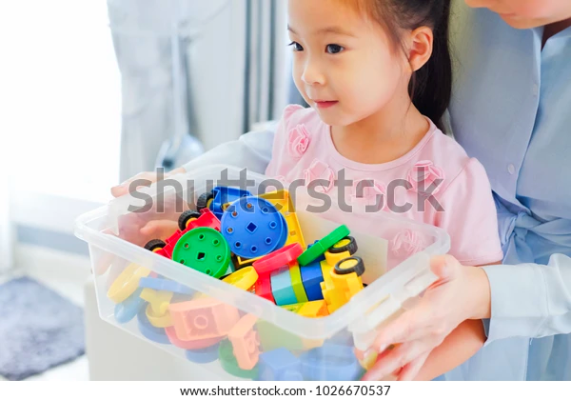Parenting Tips

Source: Unleashing Mind, Psychotherapist, Dr. Lee Wai Tong
Next semester, K3 children will start to prepare for elementary school. Apart from getting to know the new school, preparing stationery, and learning to wear school uniforms, what else can parents do to help their children transition smoothly and make a good transition to elementary school? It is often the case that children will feel anxious when they encounter many unknown things. To deal with the anxiety of children, it is best to prepare for the situation in advance.
What’s for preparation? Open the schedule before school and remind the children, “Look, there will be a recess after these two classes, and then another recess after these two classes.” They will know in their minds when there will be a short break, then lunchtime, and then the school will be over after a while.

In terms of teachers, they don’t know who the teacher is, so we can say, “This teacher should be a male teacher, and this one is a female teacher.” This is the advance preparation so that the children know more about the things that have not happened and are better prepared. In particular, many elementary schools will hold orientation activities. Parents should not think that they don’t need to participate now because they are busy and their children will only return to school in September. If you can participate, you should do so, as it actually helps children know more and be well prepared for the unknown.
With all the preparations we have just made, what are the other minor things that we need to pay attention to? We say that children are anxious when they enter first grade because they are unprepared for something that has not happened yet, and then they feel worried. When they have a good grasp of what they need to do in each class, their anxiety will be much less.
Some issues are beyond the control of the parents, namely, his classmates. Children face some situations, such as when classmates next to them make a lot of acts like going to the child’s place to take a look at his things suddenly. These are not good times for children, but there is no way to prevent them, so they need to be nurtured, especially if they have just entered the first grade. Talk to them more after school and ask them if they have encountered any unpleasant things so that they can express themselves. They will find that even if they are worried, they can talk to their parents after school, and they will be comforted by their parents, and their anxiety will be reduced a bit. Then, the next day, when the unhappiness is over, they will be happy to go back to school again.

Every parent wants to ask their children more when they come home from school and know more about the school picture. Parents should learn more questioning skills so that children can say more and the picture is more complete. Some children are more extroverted and talk more, so it is easier for parents to understand; some children are more introverted. A major characteristic of an introverted child is that he or she has not yet grasped the situation internally and therefore does not know how to express it.
When dealing with introverted children, you can make it simple by drawing a poster with many different emotions and asking them what they are feeling today. When they see the pictures, they will think about them, and sometimes they will point to “angry,” sometimes to “sad,” and sometimes to “happy.” This way, they can be asked what they are happy, angry, or sad about. They will then have room to express these emotional things.





